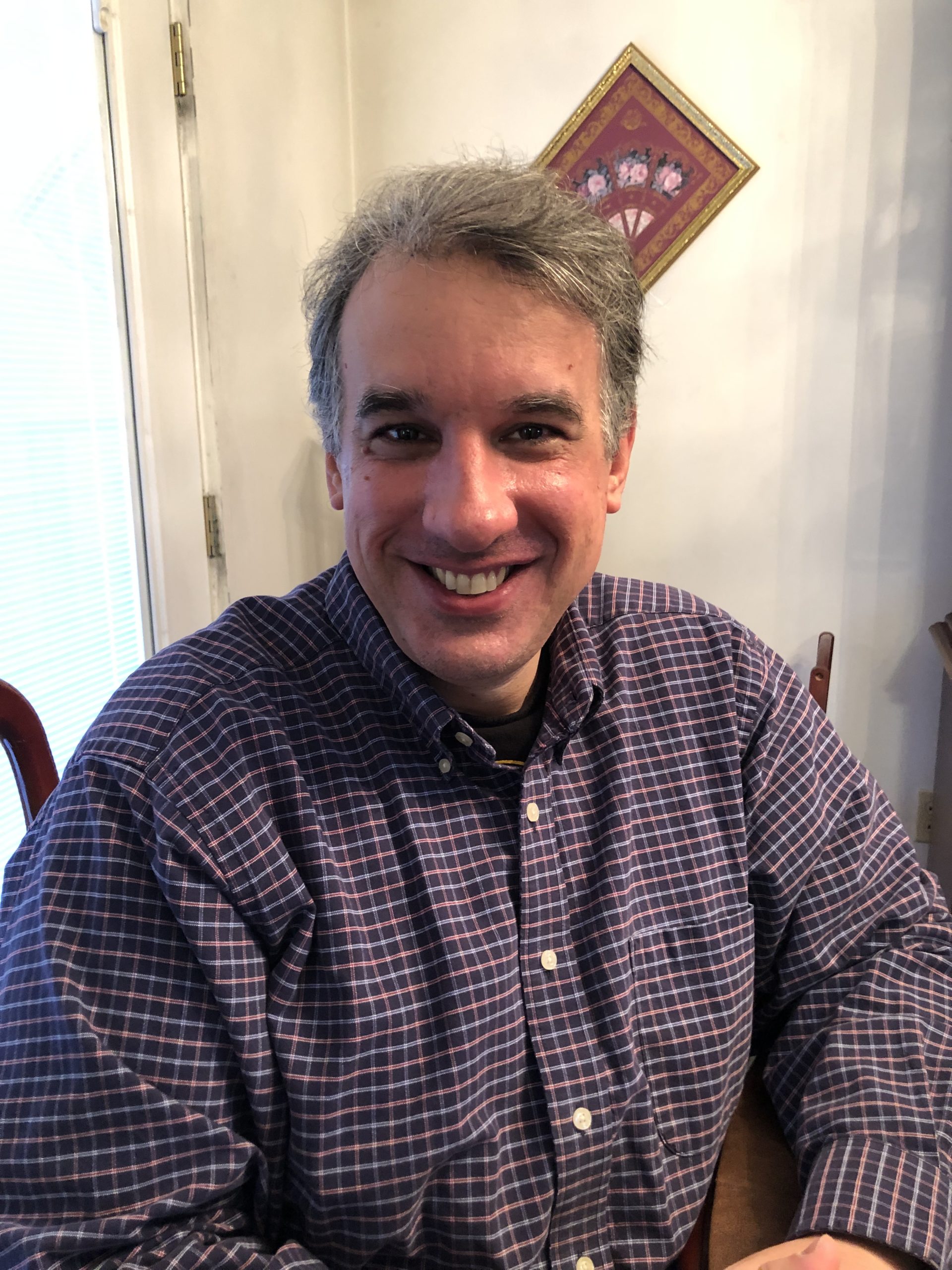
Faculty and administrators have no one but themselves to blame. After all, they have spent decades cultivating their undergraduates’ misplaced sense of self-importance. At the same time, they have taught those undergraduates to sort the human race into oppressors and victims, so it should surprise no one when the most accomplished of their graduating students think of themselves as persecuted saviors.
On Monday, officials at the University of Southern California announced that valedictorian Asna Tabassum, a 21-year-old biomedical engineering major and a pro-Palestinian activist, would not deliver the traditional valedictory address at the 2024 graduation ceremony due to safety concerns, according to the Los Angeles Times.
“The university has betrayed me and caved into a campaign of hatred,” Tabassum said.
USC announced that valedictorian Asna Tabassum’s commencement speech has been canceled, stating it was “necessary to maintain the safety of our campus and students”
‘I am surprised that my own university has abandoned me,’ Tabassum said in a statement https://t.co/YE4LxVZ9UE pic.twitter.com/SSNw83Ppya
— philip lewis (@Phil_Lewis_) April 16, 2024
Trending:
That alleged “campaign of hatred” stemmed from objections to her social media activity.
For instance, Tabassum’s Instagram page featured a link to a website that called for the eradication of Israel.
“One Palestinian state would mean Palestinian liberation, and the complete abolishment of the state of Israel,” the website read, adding that in this Israel-free world “both Arabs and Jews can live together.”
Ella Echo, Vice President of USC’s Trojans for Israel student group, identified that passage as particularly objectionable.
Do you stand with Israel?
Yes: 0% (0 Votes)
No: 0% (0 Votes)
“Because explicitly in her bio, she states that she calls for the abolishment of the state of Israel, which is complete anti-Semitic, and that makes us Jewish students at USC feel unsafe, unheard, and targeted,” Echo said, according to KABC-TV.
Meanwhile, Andrew T. Guzman, USC’s provost and senior vice president for academic affairs, described the cancellation of Tabassum’s valedictory speech as a matter of safety.
“The intensity of feelings, fueled by both social media and the ongoing conflict in the Middle East, has grown to include many voices outside of USC and has escalated to the point of creating substantial risks relating to security and disruption at commencement,” Guzman wrote in a statement.
The provost did not indicate threats specific to USC, instead citing “harassment and even violence at other campuses.”
All things considered, Tabassum had good reasons to feel betrayed — though perhaps not the reasons she would think.
“I stand by exactly what I stand by. It is the very values and the very lessons USC taught me that I stand by,” she said.
Among other things, USC apparently taught her to overrate her own importance and basic goodness.
She told the Times, for instance, that she intended to talk about “how we must continue to use our education as a privilege to inform ourselves and ultimately make a change in the world.”
Universities do indeed teach students that they can “make a change in the world.” Yet Satan’s earthly dominion remains as it always has: a playground for passions, such as self-righteous anger and pride — passions to which young people have always shown a peculiar susceptibility.
Whatever she might think, neither Tabassum nor her fellow activists have the ability to change the world for the better. Their own self-righteous anger and pride makes that impossible, as it does for all of us sinners.
Likewise, universities teach young people to divide human beings into groups, marking some as oppressors and others as victims. Since group identities (and thus oppressor/victim statuses) depend not on individual behavior but on physical characteristics, the most privileged people in the world may pose as persecuted if they belong to the right group.
Tabassum appears to have learned this well during her time at USC.
“I’m not ignorant of who I am or what I believe in and the time we are in or the place we are in,” she said, referring to her identity as a young, female, hijab-wearing Muslim. “I am not ignorant of the context or environment, at the end of the day.”
In a perfect world, of course, Tabassum could give her speech, and then all would treat it for the simple thing it was: a series of remarks by a 21-year-old who achieved good grades.
But Tabassum believes that she can change the world and that university officials will not allow it because of bigotry.
Her final lesson at USC, therefore, will be the most important of all. In short, what she and others say or do on a campus in southern California makes little difference. The world will not change for the better.





